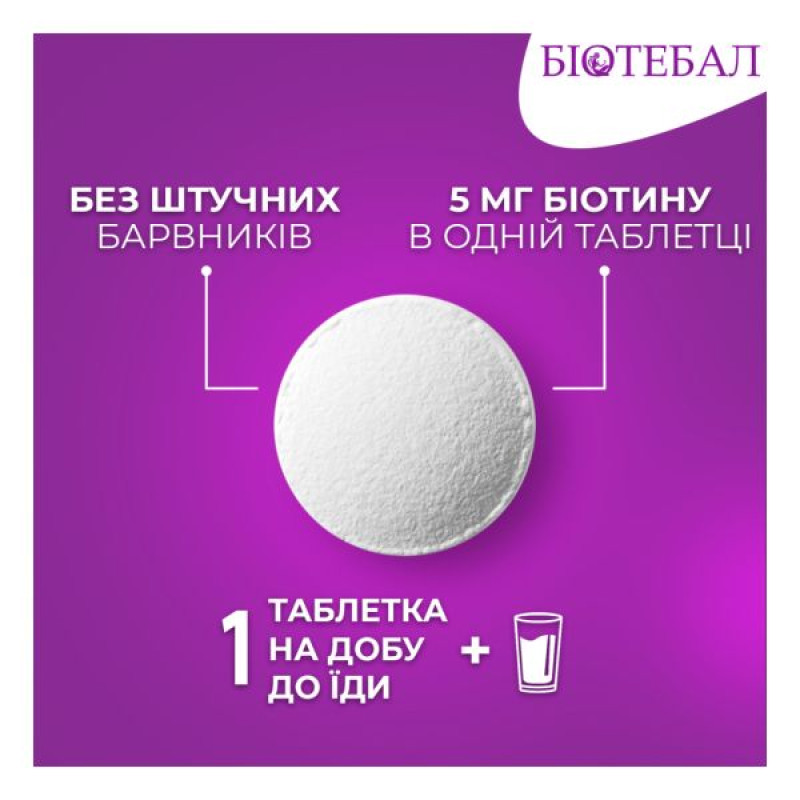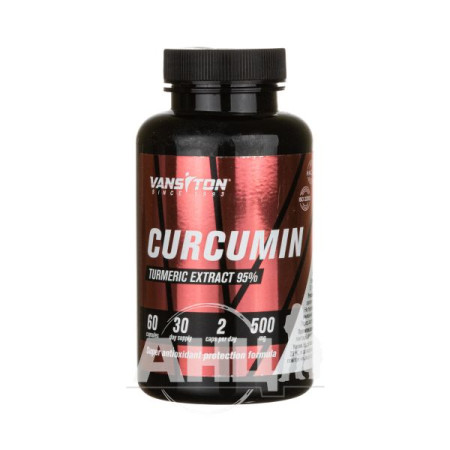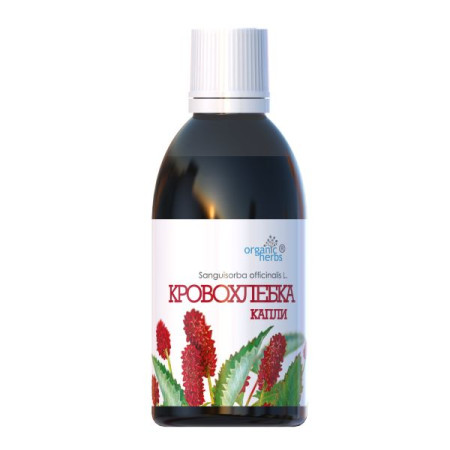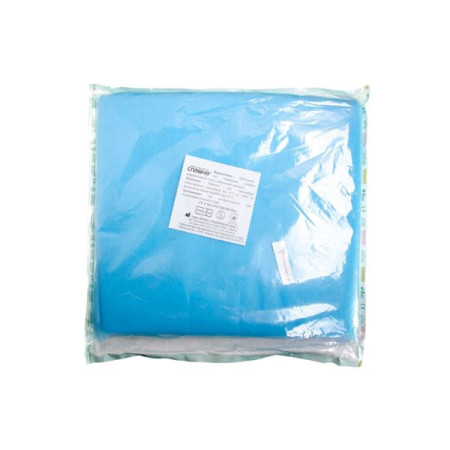Biotebal 5 mg tablets No. 30

Instructions for Biotebal 5 mg tablets No. 30
Composition
active ingredient: biotin;
1 tablet contains 5 mg or 10 mg of biotin;
excipients: lactose monohydrate, microcrystalline cellulose, povidone K-30, croscarmellose sodium, colloidal anhydrous silica, magnesium stearate, purified water.
Dosage form
Pills.
Main physicochemical properties:
5 mg: white or almost white, round, biconvex tablets;
10 mg: white or almost white, round, biconvex tablets, engraved with "10" on one side.
Pharmacotherapeutic group
Simple vitamin preparations. Biotin. ATX code A11H A05.
Pharmacological properties
Pharmacodynamics
Biotin is a vital substance for cell development and growth. As a coenzyme, it plays an important role in gluconeogenesis, lipogenesis, propionate biotransformation, fatty acid synthesis and leucine breakdown. Biotin deficiency can occur with unbalanced nutrition, long-term diets and consumption of raw egg protein, with parenteral nutrition, with malabsorption syndrome, after resection of the small intestine, in patients on hemodialysis; in addition, with biotin-associated multiple carboxylase deficiency, the need for biotin due to a genetic defect is increased. The deficiency is manifested by a reaction on the skin and its appendages. In the body, biotin plays an important role in the metabolism of carbohydrates, fats and proteins and is vital for normal cell growth and development. When ingested, biotin acts as a coenzyme of carboxylases, has an insulin-like effect and participates in the process of gluconeogenesis (due to participation in the synthesis of glucokinase), and therefore helps stabilize blood sugar levels and improves the function of the nervous system. Biotin is a synergist of other B vitamins, folic acid, pantothenic acid, cyanocobalamin. There is evidence of biotin's involvement in the synthesis of purine nucleotides. Biotin is also a source of sulfur, which participates in the synthesis of protein - collagen and, thus, has a positive effect on the structure of the skin and its appendages (hair, nails).
Pharmacokinetics
Absorption of free biotin begins in the upper part of the small intestine. Here, the biotin molecule penetrates the intestinal wall unchanged. Absorption occurs mainly by diffusion.
The degree of binding of biotin to blood plasma proteins is 80%.
The concentration of free or only weakly bound biotin in the blood is usually from 200 to 1200 μg/l. Biotin is excreted in the urine (from 6 to 50 μg per day) and feces. Biotin is excreted unchanged (about 50%) and as biologically inactive metabolites. The half-life depends on the dose and is almost 26 hours after oral administration of 100 μg per kilogram of body weight. In patients with biotinidase deficiency, the half-life after the same dose is reduced to 10–14 hours.
Biotin enters the human body from food and is also synthesized by intestinal microflora. Biotin, which is widespread in the diet, is mostly bound to protein and occurs in the form of biocytin (food of animal origin), which is rapidly reabsorbed after hydrolysis in the small intestine. In plants, biotin is partially present in free form.
Indication
For the treatment and prevention of diseases caused by biotin deficiency: diseases of the skin, nails, and hair.
Contraindication
Hypersensitivity to biotin or to other components of the drug.
Interaction with other medicinal products and other types of interactions
When using biotin with anticonvulsants (phenytoin, carbamazepine, phenobarbital, primidone), a decrease in the concentration of biotin in the blood plasma is possible due to an increase in its excretion in the urine.
Valproic acid reduces biotinidase activity, reducing mitochondrial function in the liver.
Pantothenic acid in large doses competes with biotin, so their simultaneous use should be avoided.
Alcohol reduces the amount of biotin in the blood plasma.
Steroid hormones can accelerate the catabolism of biotin in tissues.
Antibiotics can reduce biotin concentrations due to disruption of the intestinal microflora.
Raw egg whites contain the protein avidin, which interacts with biotin, so they should be avoided at the same time. Consuming large amounts of raw eggs for 2–3 weeks can cause biotin deficiency.
Smoking increases biotin catabolism, which can lead to deficiency and reduced treatment effectiveness.
Application features
The duration of the course of treatment prescribed by the doctor should not be exceeded. In case of intermittent or premature discontinuation of treatment, the effect of the drug may decrease. Due to the good tolerability of biotin, treatment can be continued for a long time.
Biotin may interfere with clinical laboratory tests that rely on the interaction of biotin and streptavidin, resulting in falsely low or high results, depending on the type of test. The risk of such interference is higher in children and patients with impaired renal function, and increases with increasing biotin dose. When interpreting test results, the possible influence of biotin use on the patient should be taken into account, especially if such data are inconsistent with the clinical picture (for example, false-positive thyroid function test results for Graves' disease or false-negative troponin level analysis in patients with myocardial infarction). When planning clinical laboratory tests in patients taking biotin, appropriate laboratory specialists should be consulted in advance. In cases where the possibility of biotin's influence on test results cannot be ruled out, alternative tests that do not depend on this factor should be used.
To minimize the impact of biotin on laboratory test results, the drug should be discontinued 3 days before testing, unless the laboratory specifies a different period.
Excipients
1 tablet of 5 mg contains 53.9 mg of lactose monohydrate, 1 tablet of 10 mg contains 107.8 mg of lactose monohydrate. Therefore, patients with rare hereditary forms of galactose intolerance, lactase deficiency or glucose-galactose malabsorption syndrome should not use the drug.
The medicine is considered to be sodium-free, as each tablet contains less than 1 mmol sodium (23 mg).
Use during pregnancy or breastfeeding
The amount of biotin in Biotebal exceeds the recommended daily dose for pregnant women. The use of high doses of biotin in pregnant women has not been studied. The drug should not be used during pregnancy.
The amount of biotin in the drug Biotebal exceeds the recommended daily dose for women who are breastfeeding. Biotin is excreted in breast milk, but no effect on breastfeeding has been observed. The drug should not be used during breastfeeding.
Ability to influence reaction speed when driving vehicles or other mechanisms
No effect.
Method of administration and doses
Biotebal is intended for oral use by adults. Take before meals with sufficient water (for example, half a glass).
The daily dose is 5 mg, with severe symptoms - 10 mg.
The duration of the treatment course depends on the nature and course of the disease and is usually 4 weeks.
Children.
Due to limited experience with the drug, it is not recommended for children under 12 years of age.
Children over 12 years of age should use the drug as prescribed by a doctor; there are no dosage recommendations due to limited data.
Overdose
To date, there have been no reports of biotin overdose.
Adverse reactions
On the part of the immune system: very rarely (˂ 1/10,000) allergic reactions, including urticaria, are observed.
If any adverse reactions occur, it is recommended to discontinue treatment and consult a doctor.
Reporting of suspected adverse reactions.
Reporting suspected adverse reactions after a medicine has been authorised plays an important role. This allows for continued monitoring of the benefit-risk balance of the medicine. Healthcare professionals should report any suspected adverse reactions.
Expiration date
2 years.
Storage conditions
Store in original packaging at a temperature not exceeding 25 ° C. Keep out of the reach of children.
Packaging
5 mg tablets, 30 tablets in a blister; 1, 2 or 3 blisters in a cardboard box.
Vacation category
Without a prescription.
Producer
Pharmaceutical Plant "POLPHARMA" S.A.
Pharmaceutical Works "POLPHARMA" SA
Address
19 Pelplinski Street, 83-200 Starohrad Gdański, Poland
19, Pelplinska Str., 83-200 Starogard Gdanski, Poland.
There are no reviews for this product.
There are no reviews for this product, be the first to leave your review.
No questions about this product, be the first and ask your question.






















